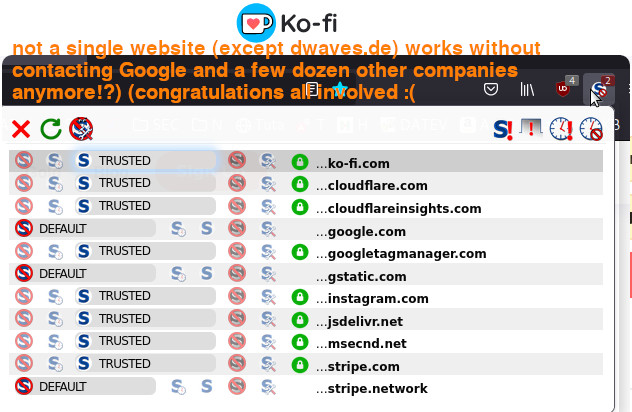

- #Namebench google is hijacked full#
- #Namebench google is hijacked download#
- #Namebench google is hijacked free#
OpenDNS provides two, and I can't recall ever not being able to connect since switching. My ISP only provides one DNS resolver, which occasionally would go down. I switched for reliabilty and security reasons (plus the filter blocking). In any event, speed is not the primary reason to use OpenDNS. Perhaps my ISP has increased its domain name cache since then, to account for its competitive test results here. When I first switched to OpenDNS, I did notice an increase in speed and reliability. namebench runs a fair and thorough benchmark using your web browser history, tcpdump output, or. For me, all I can conclude is that for practical purposes, OpenDNS is at least as fast as my ISP's server. It hunts down the fastest DNS servers available for your computer to use. Depending on your connection speed, you might want to make this change if you use OpenDNS. I changed my default OpenDNS to resolver2, and didn't notice any difference. Both benchmark programs consistently found the OpenDNS resolver2 IP (208.267.220.220) to be faster than resolver1 (208.267.222.22). But frankly, I doubt I would notice any difference in any of these response times, with my fast broadband connection. And the rankings do change with subsequent runs a bit. Obviously Google's namebench measures more than just response times for cached domains, to account for the longer times. These results apply to my situation alone, and are presented for illustration only. Average response times for cached domains only:
#Namebench google is hijacked full#
The full results can be viewed here, to give you some idea of how namebench works.Ģ) Next, I ran DNS Benchmark against the same 11 servers. It identified 11 name servers in my area as good candidates, with OpenDNS (resolver2) leading the pack as "fastest and nearest".

Google itself offers a public DNS resolver. Both can scan for the fastest resolvers in your geographic area.
#Namebench google is hijacked free#
OpenDNS is by no means the only free DNS resolver out there, and both these programs can evaluate many others that are available.
#Namebench google is hijacked download#
Turns out there are 2 free programs available for download that actually benchmark response times of various DNS servers (also known as resolvers), which allow you to compare OpenDNS to your ISP and others: By placing company servers in strategic locations and employing a large cache of the domain names, OpenDNS can process queries more quickly". "OpenDNS offers DNS resolution for consumers and businesses as an alternative to using their Internet service provider's DNS servers. Response times depend on time of day, server congestion, distance to server, and the size of the server's cache of domain names, among other things. By changing the DNS settings and selecting a server that doesn’t include the domain in a blacklist, you can open the relevant website as desired.I'm on record as stating that OpenDNS is faster, but have to admit this was based on little more than my own experience and anecdotal evidence, when I switched to it from my ISP's server. In this case, name resolution will not be performed and you will be denied access to these websites. DNS blocking: The DNS filter list of the provider’s name server may contain domains you wish to access.This is usually due to a temporary problem that can be solved straight away by changing DNS servers, without having to wait for a solution from the provider. Availability: The DNS server may not be available, which stops name resolution in its tracks and prevents websites from loading.Tools like namebench help you to find the quickest DNS server for you. Here, many users prefer OpenDNS name servers as well as Google’s public DNS servers, which are considered particularly fast. Speed: Another DNS server may offer a speed advantage in name resolution, resulting in faster loading times and a better ping in online games.However, changing the standard DNS server may be necessary or advisable for the following three reasons: Since the providers are interested in delivering the best possible service, they usually also provide the required capacity to respond to incoming DNS queries quickly and reliably. Typical DNS connection points are the name servers of the various internet providers, which are generally a good choice. Simply connect the devices you wish to use to the router protocols like DHCP will then handle the allocation of the information you need in order to connect. As a user, this means you don’t need to deal with configuring your own address and ensuring name resolution yourself. When connecting to the internet via a router, you automatically obtain not only the IP address but also the DNS server settings.


 0 kommentar(er)
0 kommentar(er)
